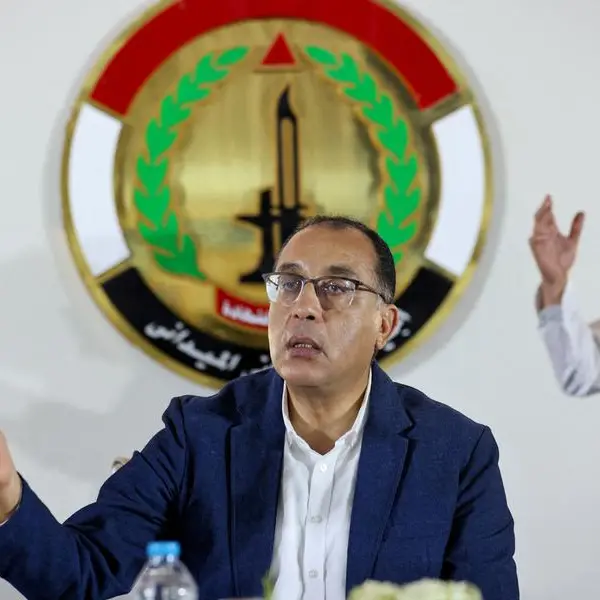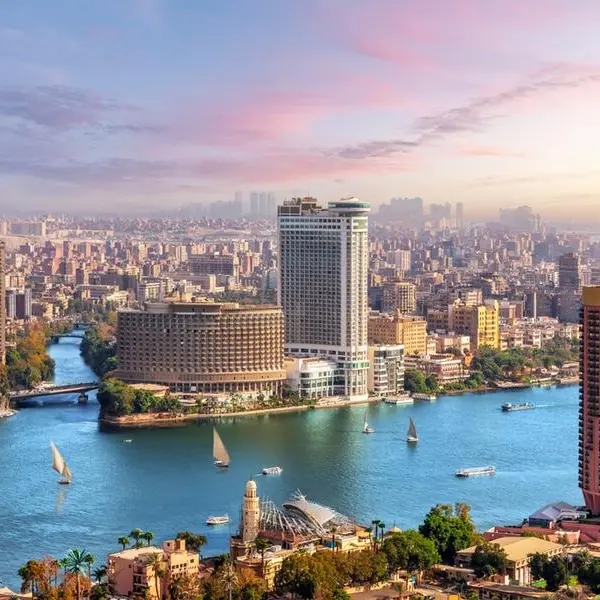PHOTO
Tunisia - A workshop to promote Tunisia's culinary heritage and prevent food waste was recently held in Tunis as part of the Tourism Innovation-Oriented Partnerships (TIOP) project, which is part of the Promotion of Sustainable Tourism in Tunisia, said GIZ-Tunisia.
The "Promotion of Sustainable Tourism in Tunisia" project is implemented by the Ministry of Tourism and Handicrafts with the support of GIZ-Tunisia. It is co-funded by the German Federal Ministry for Economic Cooperation and Development (BMZ) and the European Union through its "Tounes Wijhetouna" programme.
This workshop, the third organised as part of the TIOP project, resulted in two initiatives and two solutions that are ready to be incubated and supported by decision-makers.
The first is called "Terroir Connecté", a solution to promote access to and use of products with a territorial basis. It is a marketplace that brings the product closer to hotels and also to end consumers.
The second is a solution to overcome the constraints of the buffet formula and limit food waste, called "Smart Food Waste".
This is an AI-based online monitoring tool that uses smart cameras to analyse waste.
The solutions have been developed jointly by several start-ups and participating hotels. The companies involved are currently being supported to develop the solutions and incubate them in partner hotels.
The TIOP project brings together professionals from the hotel sector, private companies and start-ups specialised in different areas of activity, as well as an institutional support framework, around thematic workshops to facilitate new business opportunities and encourage the generation of concrete hybrid solutions from innovative partnerships.
As part of the project, workshops will be held in a hybrid format involving design thinking, conceptual knowledge and the innovation lab. They will enable participants to compare their needs and offers and to jointly develop innovative solutions to better meet tourists' expectations.
Food losses and wastage in Tunisia, as in the rest of the MENA region, are significant, contributing to reduced food availability, exacerbated water scarcity, accelerated environmental degradation and increased dependence on food imports, on which the region is already heavily dependent.
© Tap 2022 Provided by SyndiGate Media Inc. (Syndigate.info).




















